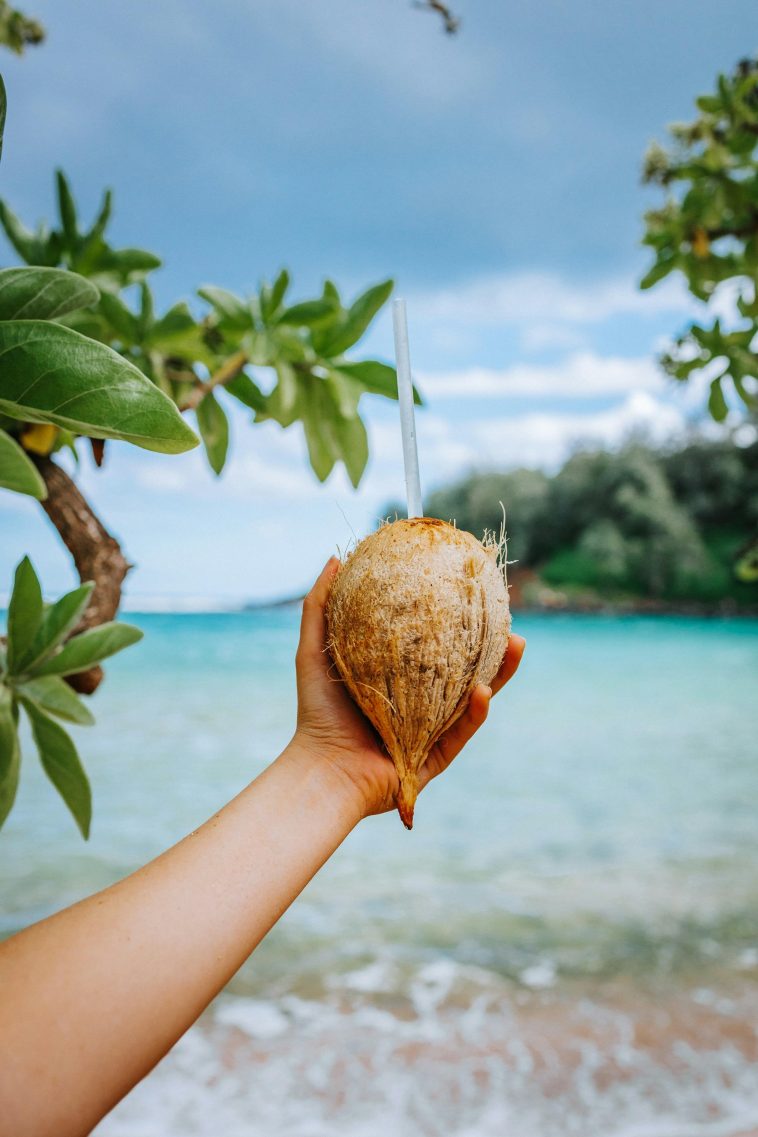In the vibrant world of health and wellness, few beverages have risen to fame as swiftly as coconut water. Lauded as nature’s sports drink and the ultimate hydrator, it has captured the imaginations—and shopping carts—of health enthusiasts around the globe. Yet, as its popularity soars, so too does the chorus of skeptics questioning its purported benefits. Is coconut water truly the miracle elixir it’s often made out to be, or is it merely the latest in a long line of health fads destined to fade? In this exploration, we delve into the hype surrounding coconut water, examining the claims, the science, and the reality behind this tropical tonic. Join us as we sift through the facts to determine whether coconut waters are genuinely a wellness wonder or simply overrated.
Exploring the Nutritional Claims of Coconut Water
In recent years, coconut water has skyrocketed in popularity, with many touting it as a miracle beverage. However, it’s crucial to delve into the nutritional claims to determine if it truly deserves this status. Coconut water is often promoted for its hydration benefits, thanks to its natural electrolytes like potassium, sodium, and magnesium. These elements can indeed aid in replenishing lost nutrients after exercise. Yet, does this make it a superior choice compared to other hydration options?
While coconut water does contain some essential nutrients, it’s essential to weigh these against its sugar content, which can be a concern for those monitoring their intake. Some claims also suggest it aids in weight loss and improves heart health, but scientific backing for these assertions remains limited. Here’s a closer look at some of the often-cited benefits:
- Electrolyte Balance: Contains natural electrolytes that support hydration.
- Low in Calories: Generally lower in calories compared to sugary sports drinks.
- Antioxidant Properties: May help fight oxidative stress, though more research is needed.
Ultimately, while coconut water can be a refreshing choice, it may not be the nutritional powerhouse some claim it to be. It’s always wise to consume it as part of a balanced diet rather than relying on it as a health cure-all.

The Hydration Hype: How Coconut Water Measures Up
In recent years, coconut water has splashed onto the scene as the go-to natural hydrator, touted for its ability to quench thirst with a tropical twist. But how does it truly stack up against other hydration options? Coconut water is naturally rich in electrolytes, particularly potassium, which makes it a favorite among athletes and health enthusiasts seeking to replenish after a vigorous workout. Unlike sports drinks, it typically contains no added sugars, coloring, or preservatives, offering a cleaner label that appeals to the health-conscious.
- Electrolyte Content: High in potassium, but lower in sodium compared to traditional sports drinks.
- Caloric Intake: Generally low in calories, making it a lighter alternative to sugary beverages.
- Natural Source: Derived from young, green coconuts, offering a more natural option without synthetic ingredients.
While coconut water is a refreshing choice, it’s not without its caveats. The flavor can be an acquired taste, with its slightly nutty undertones not appealing to everyone. Moreover, the price point can be higher than other hydrating options like water or homemade electrolyte solutions. Ultimately, while coconut water can be a beneficial addition to a balanced diet, its popularity might not entirely reflect its necessity in everyone’s hydration routine.

Coconut Water in the Wellness Industry: A Closer Look
In recent years, the wellness industry has embraced coconut water as a staple in the health-conscious community. Touted for its hydrating properties, it has become a popular alternative to traditional sports drinks. Advocates claim it is a natural source of electrolytes, such as potassium, magnesium, and calcium, which are essential for maintaining optimal bodily functions. But is this tropical elixir truly the miracle drink it is often made out to be, or is it simply riding the wave of a health trend?
While coconut water does offer some benefits, it’s important to sift through the hype. Consider the following points:
- Natural Sugar Content: Though marketed as a healthy beverage, coconut water contains natural sugars that can add up if consumed in large quantities.
- Electrolyte Levels: Although it contains electrolytes, the levels may not be sufficient for replenishing those lost during intense physical activities.
- Variety and Processing: The nutritional value can vary significantly depending on the brand and processing methods used.
As with any wellness product, moderation and informed choices are key. Coconut water may not be the panacea it’s often portrayed as, but it can still be a refreshing addition to a balanced lifestyle.

Expert Recommendations: When to Choose Coconut Water
Choosing coconut water can be a delightful experience when done right, according to experts. It’s especially recommended for those seeking a natural, refreshing alternative to sugary sports drinks. Here are some situations where coconut water shines:
- Post-Workout Hydration: Rich in electrolytes like potassium, coconut water can help replenish what you lose through sweat.
- Digestive Aid: Its natural enzymes may support a healthy digestive system, making it a gentle choice for upset stomachs.
- Low-Calorie Beverage: For those watching their calorie intake, coconut water offers a hydrating option with fewer calories than many other drinks.
While it might not be a magic elixir, coconut water can be a beneficial addition to your diet when consumed mindfully and in appropriate contexts.
In Summary
As we close the chapter on our exploration of coconut water, it’s clear that this tropical elixir sits at a crossroads between myth and reality. For some, it remains a refreshing oasis, quenching thirst with whispers of island breezes and promises of hydration. For others, it’s a fleeting fad, a mirage in the ever-evolving desert of health trends. Whether coconut water deserves its pedestal or not is a decision left to each sip and each individual palate. As we continue to navigate the swirling tides of wellness, perhaps the true essence of coconut water lies not in its claims or criticisms, but in the simple joy of discovering what quenches our unique thirsts. And so, the debate pours on, as we raise our glasses—be they filled with coconut water or not—to the endless quest for nourishment and well-being.




